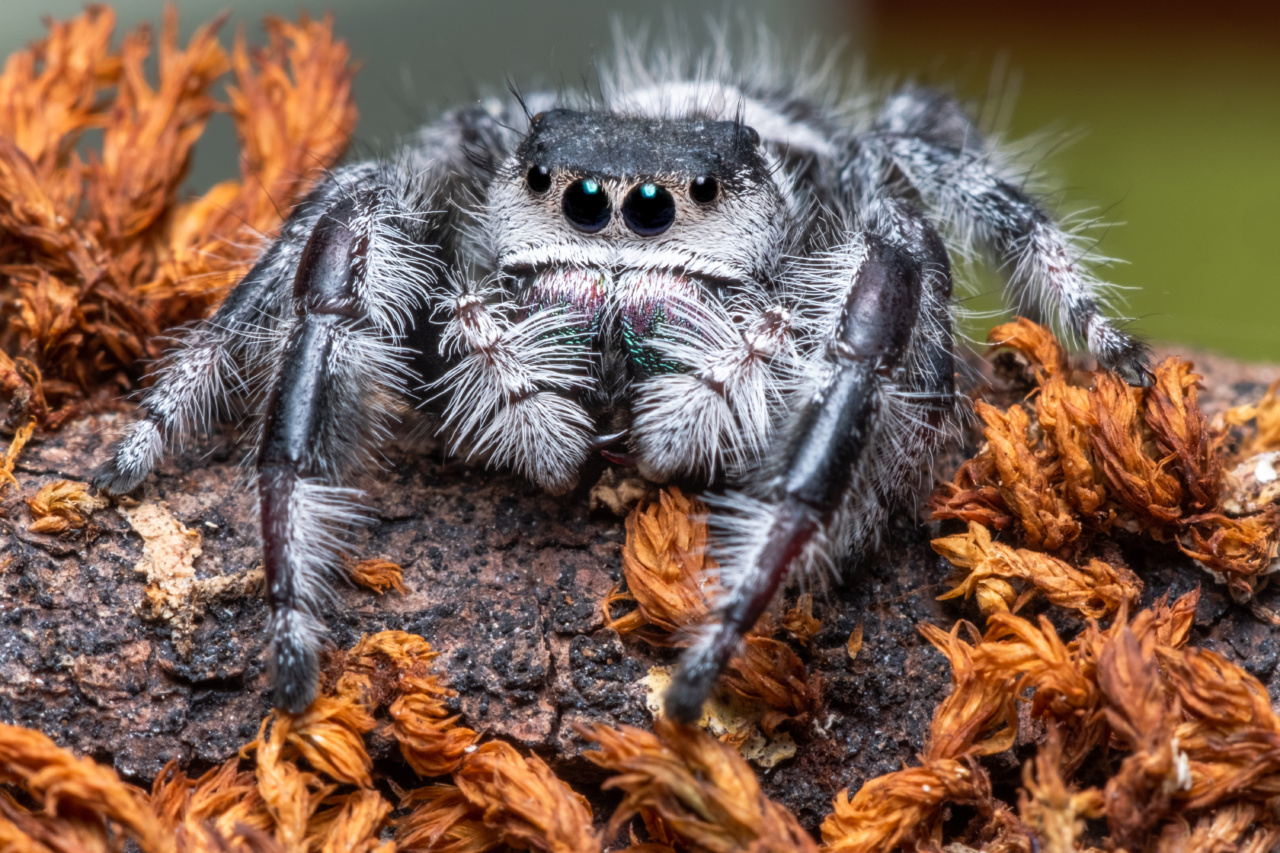Most people are scared of spiders, and it’s not hard to tell why. Apart from their creepy appearance, many species of spiders are venomous. When bitten by a venomous spider, it’s common to panic and assume the worst.
What if we told you that there’s an antidote to spider venom – saliva? As unexpected as this may sound, there is some truth to it. Read on to find out more about this fascinating topic.
What Do We Mean by Venom?
To understand the concept of the antidote to spider venom, we need to start by defining what venom is. Venom is a type of toxin produced by animals that use it as a defense mechanism or for hunting. Spiders are one such animal.
They produce venom, which they use to immobilize their prey or to defend themselves against predators. Venom is injected into the victim through a spider’s fangs, which are located in their mouth.
What Is Saliva?
Saliva is a clear, watery liquid produced by the salivary glands in the mouth. It’s made up of several components, including enzymes, mucus, and water. The primary function of saliva is to keep the mouth moist and help with the digestion of food.
In addition, saliva has antibacterial properties, which help to fight against infection in the mouth.
How Does Saliva Work as an Antidote to Spider Venom?
Now that we’ve defined what venom and saliva are, let’s get to the heart of the matter – can saliva work as an antidote to spider venom? There are two schools of thought on this:.
School of Thought 1: Saliva is an Antidote
Some researchers believe that saliva can work as an antidote to spider venom. The theory behind this is that when a spider bites, it injects venom into the victim’s body. At the same time, it also injects saliva.
Repeated studies have shown that certain enzymes present in saliva can break down the components of spider venom. This breakdown process renders the venom harmless, and the victim doesn’t suffer any adverse effects.
One of the primary enzymes that work against spider venom is hyaluronidase. This enzyme breaks down hyaluronic acid, which is a component of spider venom that causes tissue damage.
By breaking down hyaluronic acid, hyaluronidase prevents tissue damage and inflammation.
Another enzyme found in saliva – phospholipase A2 – breaks down the lipids in spider venom. This breakdown process deactivates the venom and can prevent the victim from experiencing any pain or discomfort.
Given these facts, it’s not hard to see why some researchers believe that saliva can work as an antidote to spider venom.
School of Thought 2: Saliva Is Not an Antidote
Other researchers, however, are not convinced that saliva can work as an antidote to spider venom.
They argue that while there are enzymes in saliva that can break down the components of spider venom, the concentration of these enzymes is low, and the breakdown process is slow. As a result, saliva may not be effective at preventing the adverse effects of spider venom.
In addition, different species of spiders produce different types of venom. Some species produce very potent venom that can cause serious harm. In such cases, it’s highly unlikely that saliva can work as an antidote.
The Bottom Line
So, is saliva an antidote to spider venom or not? The answer is – it depends. While there is some evidence to support the idea that saliva can work as an antidote, more research is needed to confirm this hypothesis.
However, it’s worth noting that if you’re ever bitten by a venomous spider, you should seek medical attention immediately. Waiting to see if your saliva can help may not be advisable, as the adverse effects of spider venom can be severe.
Remember, prevention is always the best approach. Make sure to take precautions to avoid spider bites in the first place.
Wear protective clothing when hiking or camping in areas where venomous spiders are known to live, and avoid touching or handling spiders if possible.


























